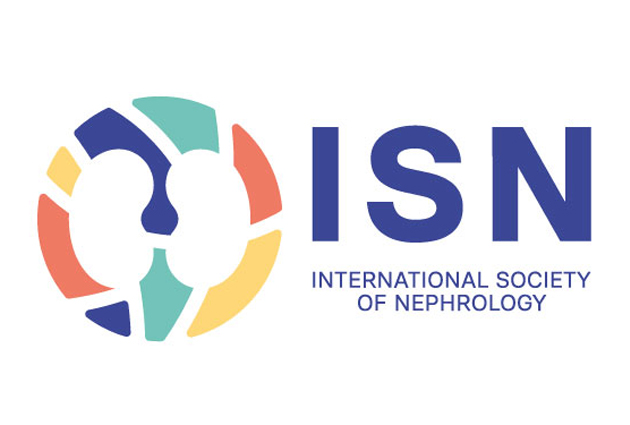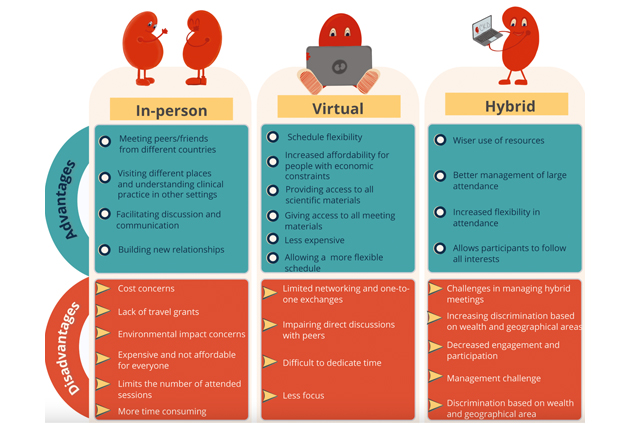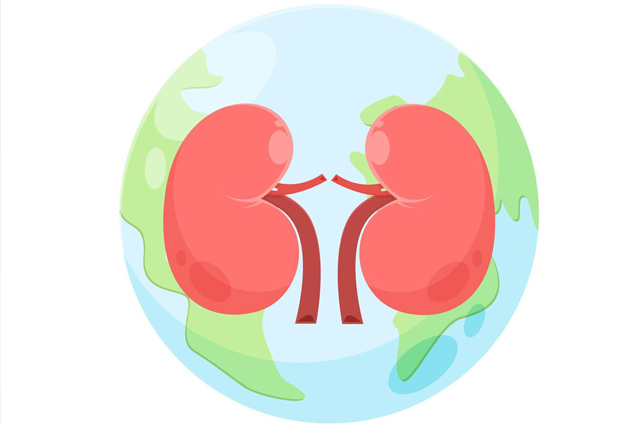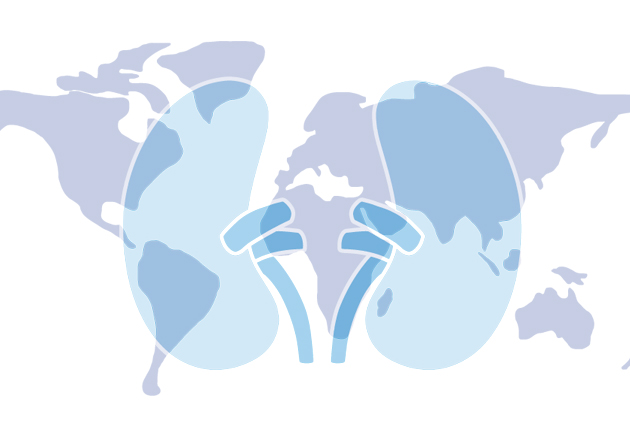STOP KIDNEY DISEASE INITIATIVE – Prevention is the only cure
According to the data released by The Center for Disease Control and Prevention (CDC) last week, the prevalence of obesity in the United States is at an all time high. Body Mass Index (BMI) is a metric used by organizations worldwide to define and classify severity of obesity.
A recent study involving 3.38 million veterans with normal kidney function showed an association between progressively increasing BMI over 30 kg/m2 and steeper decline in the kidney function. In another study, about 450,000 veterans already suffering from Chronic Kidney Disease (CKD) had a more rapid decline in kidney function as the BMI increased from 35 to > 50 kg/m2.
Increasingly obese patients also showed a higher prevalence of diabetes, hypertension, heart failure and greater medication use. These results should be applicable to the general population, although different BMI levels define obesity in some populations. While BMI is a good screening tool, a better measure of central fat or visceral fat distribution may be waist- to- hip ratio.
Seventy-five percent of the chronic non-communicable diseases (NCDs) and healthcare costs are related to lifestyle risk factors in the United States. These NCDs include diabetes mellitus, hypertension, hypercholesterolemia, heart disease, cancers, and strokes amongst others. CKD, an irreversible progressive dysfunction of the kidneys and a disease that most commonly results from diabetes mellitus and hypertension, is the fastest growing NCD in the last two decades. It gradually progresses to end-stage renal disease (ESRD) over years; eventually necessitating dialysis or organ transplantation to sustain life.
CKD and ESRD patients have multiple complications that require dietary restrictions and increased pill burden. Furthermore, the cost of taking care of a patient with CKD is typically more than twice that of a normal Medicare enrolee. The average expense incurred in taking care of a dialysis patient per year is upwards of $80,000. There is currently no effective treatment to stop the onset or halt the progression of CKD. The growing medical literature supports preventive measure as the only option available to reduce the onset of CKD and progression to ESRD. For a review of four columns written in March 2015 on the influence of the modifiable lifestyle risk factors on CKD, CLICK HERE.
World Kidney Day is celebrated on March 10th this year. On this day, their “Move Your Feet” initiative is intended to remind people to be physically active and make proper lifestyle choices to protect their kidneys. To propagate the message of healthy lifestyle, I participate in several walking and wellness groups in the community all year round. In a series of weekly articles to follow later in National Kidney month, we will discuss the deleterious and beneficial role of diet in kidney diseases.










